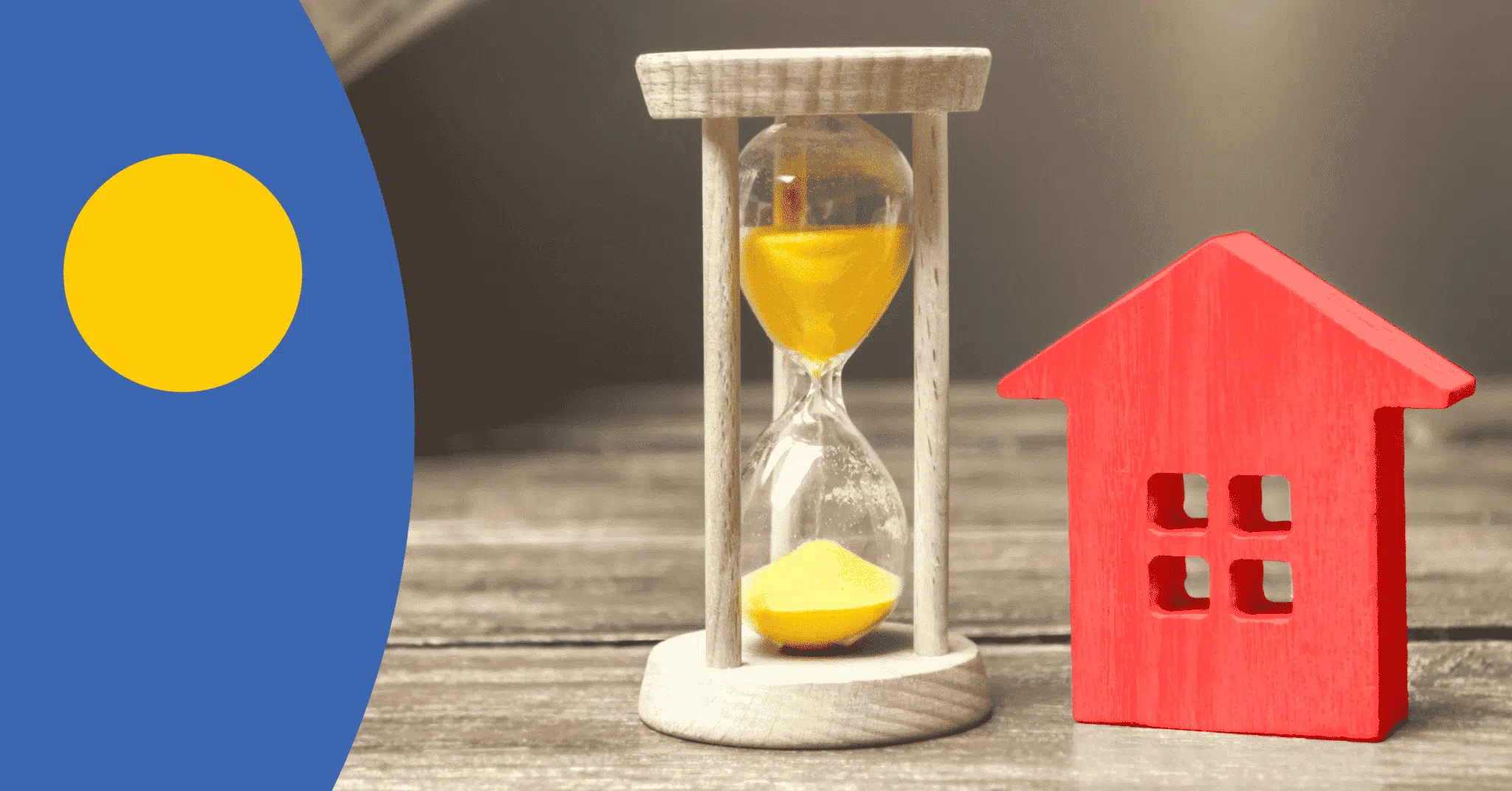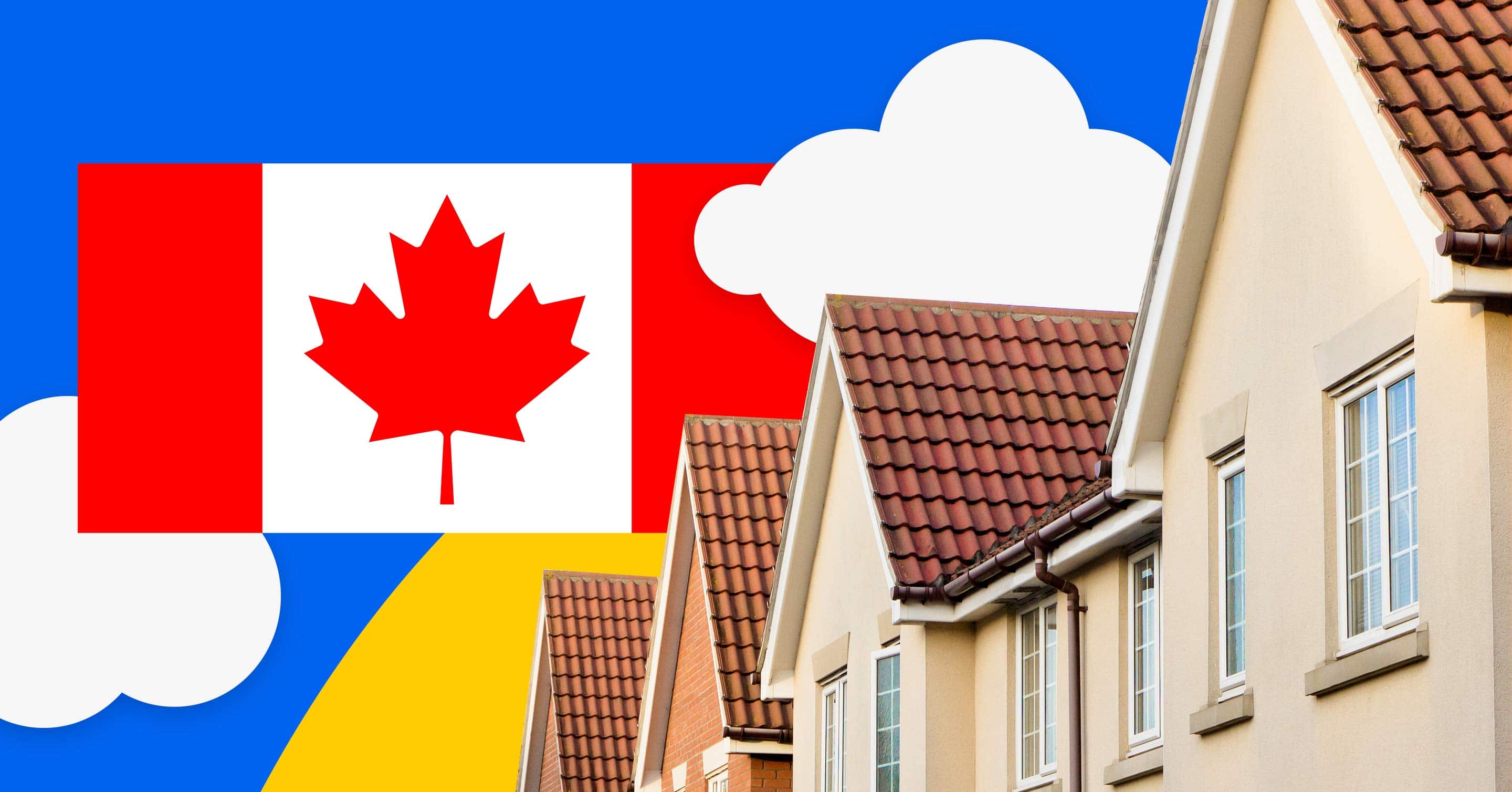5 Year Government of Canada Bond Yield Explained

Table of contents
The 5-year Government of Canada bond is a low-risk investment available to Canadians, so low risk that it is also called a security. The Canadian government backs bonds, and the coupon yield is returned regularly at a set percentage of the bond’s face value.
In this article, we cover what a government bond is, the factors that determine bond yields, why the 5-year bond is essential and how it affects mortgage rates in Canada.
Key Takeaways
- Bonds are debt instruments that the Canadian government offers to help raise money to operate and invest in public projects.
- Bonds are bought for a set price and repaid in full when the bond matures. They also pay out regularly at a set interest rate, known as the coupon yield of a bond.
- A bond’s yield measures the value it produces throughout its lifetime.
- 5-Year fixed-rate mortgages generally follow 5-year government bonds, with an additional 1-2% spread on top of the bond yield.
Skip reading, watch and learn about all things Bond Yield below 👇
Canada 5-Year Bond Yield
Bank of Canada 5-Year Bond Yield Explained
What is a Government Bond?
A government bond is a security, which means the buyer is lending the government money in return for a guarantee that the face value will be repaid when the bond matures. Government bonds exist to help the government pay for its operations and to cover any deficits in its budgets at year’s end. Bonds are considered secure investments, particularly in Canada, as the government is unlikely to default on a bond repayment.
What is a Government Bond Yield?
The buyer will receive interest payments on the money they have loaned the government for the duration of the bond’s term (e.g. 5 years). Yield is the annual bond’s return, calculated as a simple coupon yield (a set percentage of the bond’s face value paid at regular time intervals, e.g. 10% a year) or the more complex yield to maturity (YTM).
Unlike coupon yield, a bond’s YTM is the sum of all the interest payments you would receive throughout the bond’s lifetime and any gains or losses depending on whether you bought the bond at a discount or a premium. This gives an overall view of the bond’s lifetime yield.
For example, if you bought a bond at a face value of $1,000, with a 20% coupon, you would be paid $200 a year every year until the bond matured, at this point, you would also be repaid the bond’s face value ($1,000).
However, if you sold the bond, its price may have changed. If the bond is now worth $800, it sells at a discount. Likewise, at $1,200, the bond would sell at a premium. However, the coupon percentage remains the same.
The bond buyer, whether they purchased it at $800 or $1,200, would still receive $200 a year based on the bond’s original face value. The bond yield will have changed based on the coupon amount as a proportion of the new selling price. If you sell the bond for $800, the new yield is 25% ($200/$800).
If all this sounds complicated, don’t worry. The main thing to remember is that a bond creates value over its lifetime until it matures, and the yield measures how much value it creates.
Get approval on your low rate today
No big bank bias, just commission-free experts ready to help you.
Why Does the 5-Year Bond Yield Matter?
Bond yields are considered among the safest investments because the Canadian government backs them. While government bonds’ maturity can range from 2 to 30 years, the 5-year bond is significant for Canadian homeowners holding 5-year fixed-rate mortgages since mortgage interest rates follow 5-year bond yields.
Bond yields directly impact borrowing costs as yields with comparable terms determine fixed-rate mortgages with the same term (ex., 3-year bond yields determine 3-year fixed rates). 5-year bond yields are also a tool often used to measure the state of the Canadian economy.
What Causes the 5-Year Bond Yield To Change?
The government sets the initial interest rate of a bond to incentivize bond purchases. However, when discussing bond yields, the market ultimately determines the yield, which is influenced by several domestic and international factors. Inflation expectations, monetary policy decisions, and economic indicators affect the direction of bond yields, causing them to change in response.
Inflation is the most significant influencer on bond yields. Bond yields tend to increase when inflation expectations rise above the set 2% target and may fall if inflation is expected to be below the target.
Bond yields usually follow the direction of interest rates when monetary policy is implemented. When the central bank raises interest rates, bond yields typically increase. When the interest rate is lowered, bond yields may also decrease to reflect the lower cost of borrowing.
GDP growth, employment data and other economic indicators can also impact bond yields. Since Canada is a close trading partner with the United States, Canadian bond yields are also closely linked to any changes in the US bond markets.
Are Variable Mortgages Affected by 5-Year Bonds in Canada?
Variable mortgages are not affected by changes to 5-year bond yields. Instead, they are directly influenced by changes to your lender’s prime rate. Prime rates are set based on the Bank of Canada’s target for the overnight rate. When the Bank of Canada announces changes to its policy interest rate, interest rates for variable mortgages will be adjusted with each announcement.
5-Year Bond Yield Forecast
As of late April 2025, the 5-year Government of Canada bond yield is around 2.76%. This marks a notable drop from its peak of 3.86% in 2024. This decline is a sign of easing inflation pressures and hints at ongoing adjustments in the Bank of Canada’s monetary policy.
According to the Bank of Canada’s recent Market Participants Survey, the median forecast for the end of 2025 is 2.80%, with some estimates dipping as low as 2.50%. Similarly, TD Economics expects the yield to be around 2.84% in the second quarter of 2025, stabilizing close to 2.75% by the end of the year.
This drop in bond yields will impact 5-year fixed mortgage rates, which could create more favourable borrowing conditions for Canadians. However, factors like US trade policies, economy and debt levels, alongside Canada’s domestic fiscal decisions, might introduce some volatility, and we could see bond yields rise. So, if you’re considering purchasing, renewing, or refinancing in the next four months, it’s wise to consider locking in your rate.
Frequently Asked Questions (FAQ) on Government of Canada (GoC) Bond Yields
Bond yields can be confusing at first. To help you understand the concept, we’ve put together a list of the most frequent questions people ask about bonds, bond yields and how they relate to mortgage rates in Canada.
How do Government bond yields relate to mortgage rates?
In simple terms, fixed mortgage rates follow bond yields, with a spread added of around 1 to 2% to cover the lender’s risk. Consequently, if the current 5-year bond yield is 2.5%, we can expect fixed mortgage rates to be around 3.5-4.5%.
How do bond yields affect mortgage rates?
Bonds, specifically Canada Mortgage Bonds (CMBs), are considered mortgage-backed securities (MBS). Bonds are debt securities issued by governments, such as the Government of Canada, to fund growth and projects, including homebuilding and homebuying activity. Institutional investors and pension funds purchase bonds from the government and receive interest payments until the bond’s maturity.
If interest rates go up in Canada, the prices of current bonds usually go down, even if the coupon rates remain the same, leading to higher bond yields. On the other hand, if interest rates in Canada go down, the prices of existing bonds typically go up, with the coupon rates staying constant, resulting in lower yields on those bonds.
The 5-year fixed mortgage rates in Canada follow 5-year Canadian bond yields plus a spread set by the banks. Bond yields can change direction based on market sentiment and economic factors like inflation and employment. While this won’t change your rate if you’re already locked into a 5-year fixed rate, it can change interest rates for new 5-year fixed mortgages. Simply put, mortgage rates follow the direction of bond yields, with an additional 1 to 2% spread to cover the lender’s risk premium and funding costs.
What is an inverted yield curve?
An inverted yield curve slopes downward, indicating that short-term interest rates exceed long-term rates. Such a yield curve corresponds to periods of economic recession, where investors expect yields on longer-maturity bonds to be lower. Many developed economies, including Canada’s, are experiencing an inverted curve on their government bond yields.
Canada’s 10-year and 2-year government bonds currently have a negative spread. This spread indicates the variation in interest rates between long-term and short-term government debt. Typically, long-term interest rates should be higher than short-term rates, a positive number indicating a stable or growing economy.
How has the inverted yield curve affected Canada’s mortgage market?
In 2022, Canada’s yield curve inverted, so short-term government bonds had a higher yield than long-term bonds; this led to an increase in mortgage interest rates as they followed bond yields.
The Bank of Canada only sets short-term (target to the overnight policy) interest rates in Canada. It does not influence long-term rates regulated by bond supply and demand market forces. When bond yields rise due to changes in bond prices, funding mortgages becomes more costly for lenders, causing an increase in their advertised rate to ensure they make a profit.
How are Government of Canada Bonds issued?
The Government of Canada issues fixed-income securities like bonds in certificate form through securities auctions. You can typically purchase government bonds from any Canadian Big Bank or investment institution or through a broker. The Canadian government issues bonds continuously and sets rates based on current economic conditions.
Should I get a fixed-rate mortgage if mortgage rates keep rising?
Since fixed-rate mortgages generally follow the bond yield curve, it may be a good idea to lock into one now before interest rates rise further. Throughout the pandemic, interest rates have shifted to historically low levels and are now climbing.
As a general rule of thumb, if you’re ready to get a fixed-rate mortgage, it’s always a good idea to lock into a lower rate when you know rates will likely continue to climb. The best place to start is by exploring the best fixed-rate mortgages available in Canada and seeing what you qualify for.
Final Thoughts
Bonds are financial instruments governments use to help raise money to operate or fund infrastructure growth. They’re considered low-risk and secure investments since they pay a fixed rate of return throughout their lifetime and are backed by the government.
Bonds also offer liquidity as an investment since they can be easily bought and sold on secondary markets. Knowing how bond yields affect mortgage rates is helpful since the two are closely related.
If you’re borrowing money for a mortgage, it helps to lock into a lower interest rate early, especially when rates have been consistently low for a long time and have started to increase.
If you’re ready to renew, refinance or purchase a new home, reach out to nesto mortgage experts to understand how volatility in bond yields can impact your mortgage strategy.
Ready to get started?
In just a few clicks, you can see our current rates. Then apply for your mortgage online in minutes!















